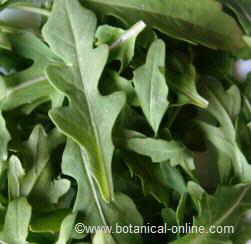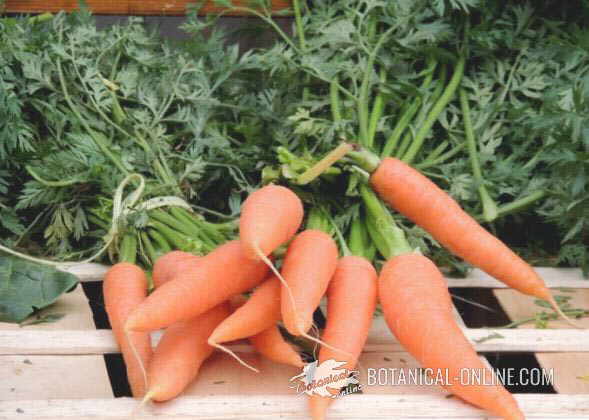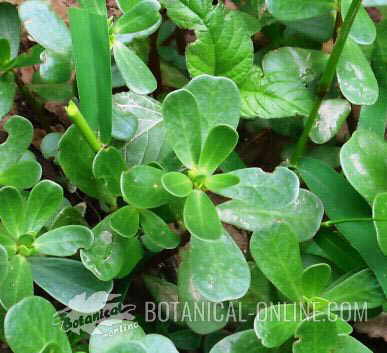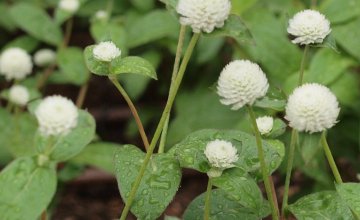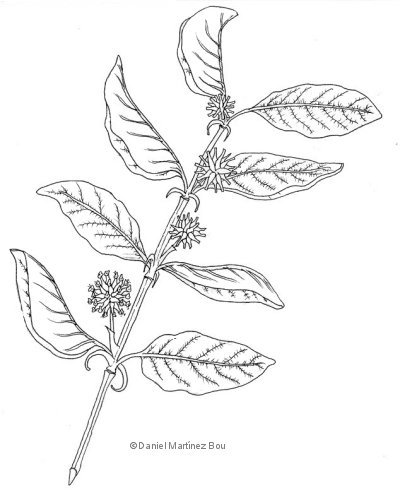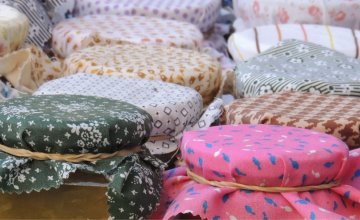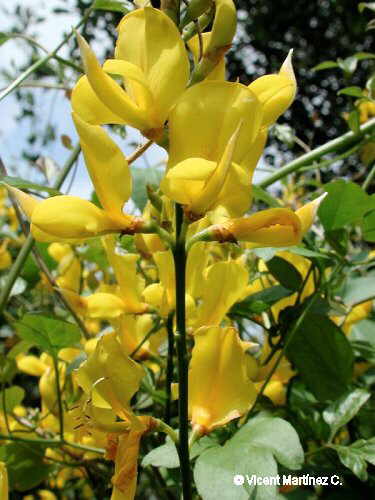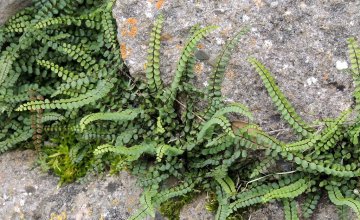Contents
What is peanut butter?
Peanut butter is a food made with toasted ground peanuts with added sugar and salt to enhance flavor. It is a food that is very popular in countries like USA, Netherlands, United Kingdom, Australia and other countries of Commonwealth.
It was created by the Kellogg brothers in the nineteenth century in America. The homemade peanut butter is healthier since it does not contain food additives. Commercial peanut creams often contain stabilizers and a series of trans fatty acids that make it less healthy and less desirable than those prepared at home.
(See peanut butter recipe)
Characteristics of peanut butter
Peanut butter is an oily cream in paste form that is mainly used to spread on toasts or crackers. It is also used to mix with fruit or in the preparation of many recipes.
The advantage of this cream is that it can be stored outside the refrigerator.
Properties of peanut butter
From a nutritional standpoint, peanut butter stands out for having the most properties of peanuts.
Peanut butter is particularly remarkable for its protein content, vitamin B (especially niacin) and its high mineral content (especially phosphorus, potassium, magnesium, zinc, iron, and calcium,. All these properties make peanut butter an ideal food for vegetarians who do not eat animal flesh.
One should consider that peanut butter, like other products made from peanuts are rich in fats, so it possesses a huge caloric value.
Although, it is ideal for people who need to dispose of an energetic food (heavy workers, children playing a lot, people who practice sports, etc), one should be prudent in its use, especially in cases of obesity or when on a diet to lose weight.
| Composition of peanut butter per 100 g | ||
| Nutrients | Salted peanut butter | Salted cooked peanuts |
| Water | 1.3 g | 41,78 g |
| Energy | 589 Kcal | 318 Kcal |
| Fat | 49,4 g | 22,01 g |
| Protein | 24, 05 g | 49,24 g |
| Carbohydrates | 21,59 g | 13,50 g |
| Fiber | 6,6 g | 8,8 g |
| Potassium | 747 mg | 180 mg |
| Sodium | 486 mg | 751 mg |
| Phosphorus | 317 mg | 198 mg |
| Calcium | 41 mg | 55 mg |
| Magnesium | 159 mg | 102 mg |
| Iron | 1,9 mg | 4,58 mg |
| Zinc | 2, 71 mg | 1,01 mg |
| Copper | 0, 51mg | 0,499 mg |
| Vitamin C | 0 | 0 |
| Vitamin B1 | 0,125 mg | 0,259 mg |
| Vitamin B2 | 0,112 mg | 0,063 mg |
| Vitamin B6 | 0′ 450 mg | 0, 152 mg |
| Vitamin A | 92 mcg | 0 IU |
| Vitamin E | 12,920 mg | 3,170 mg |
| Folacin | 92 mcg | 75 mcg |
| Niacin | 13,689 mg | 5,259 mg |
Watch out for people allergic to peanuts
People allergic to peanuts should not eat peanut butter or other products made from peanuts. If these people eat this cream, it can cause skin reactions with the presence of pimples, eczema, rash, etc. Also stomach reactions may occur with nausea or vomiting.
Peanut products can even produce a fatal reaction known as anaphylactic shock. (See peanut allergy)
![]() More information about peanuts.
More information about peanuts.

